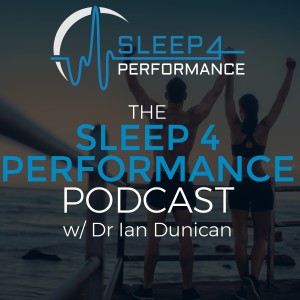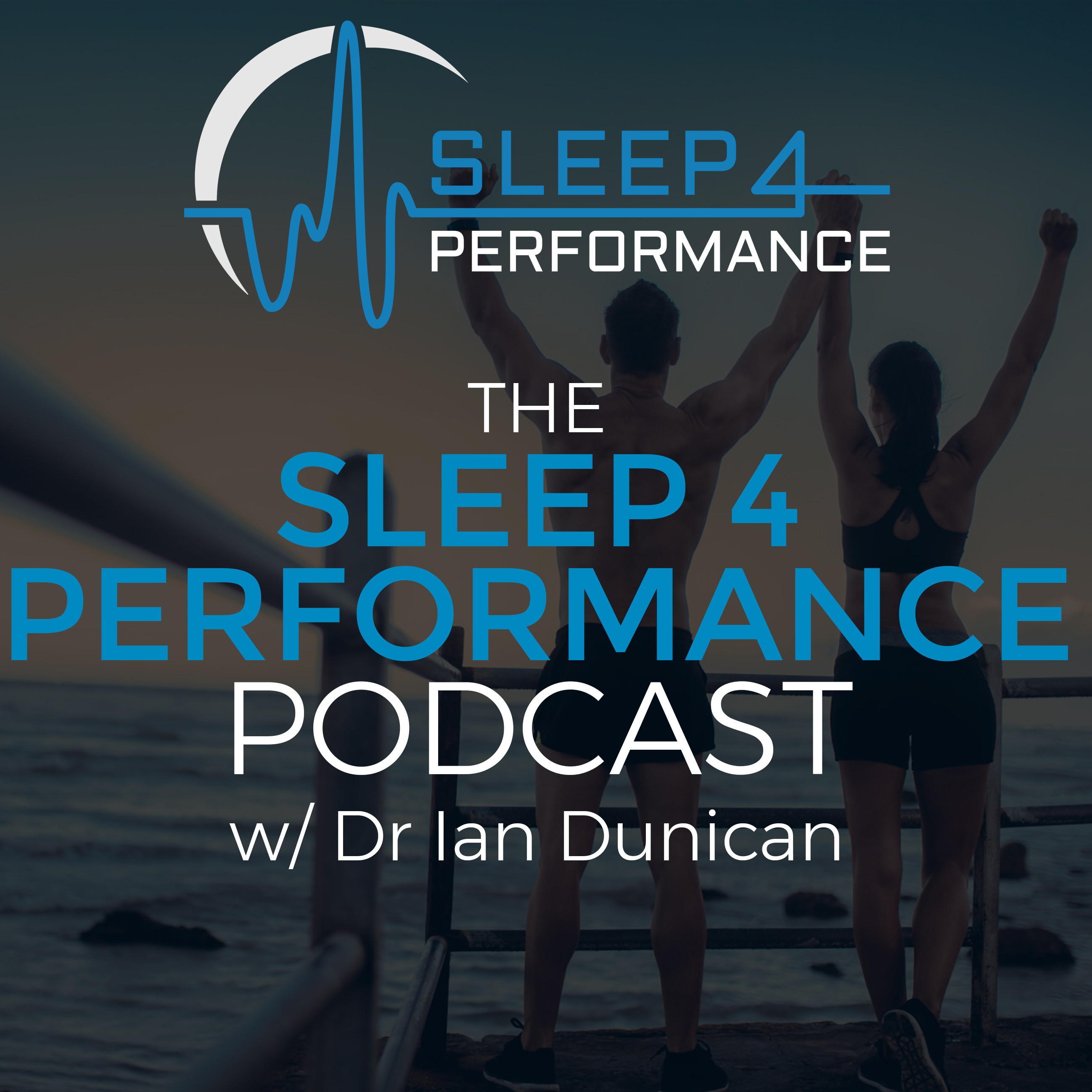Episodes

Wednesday Nov 07, 2018
Wednesday Nov 07, 2018
In this episode we take a look at sleep in a fly in fly out mining operation.
Abstract: Good sleep is essential for optimal performance, yet few studies have examined the sleep/wake behaviour of elite athletes. The aim of this study was to assess the impact of early-morning training on the amount of sleep obtained by world-class swimmers. A squad of seven swimmers from the Australian Institute of Sport participated in this study during 14 days of high-intensity training in preparation for the 2008 Olympic Games. During these 14 days, participants had 12 training days, each starting with a session at 06:00 h, and 2 rest days. For each day, the amount of sleep obtained by participants was determined using self-report sleep diaries and wrist-worn activity monitors. On nights that preceded training days, participants went to bed at 22:05 h (s=00:52), arose at 05:48 h (s=00:24) and obtained 5.4 h (s=1.3) of sleep. On nights that preceded rest days, participants went to bed at 00:32 h (s=01:29), arose at 09:47 h (s=01:47) and obtained 7.1 h (s=1.2) of sleep. Mixed model analyses revealed that on nights prior to training days, bedtimes and get-up times were significantly earlier (p<0.001), time spent in bed was significantly shorter (p<0.001) and the amount of sleep obtained was significantly less (p<0.001), than on nights prior to rest days. These results indicate that early-morning training sessions severely restrict the amount of sleep obtained by elite athletes. Given that chronic sleep restriction of <6 h per night can impair psychological and physiological functioning, it is possible that early-morning schedules actually limit the effectiveness of training
https://www.ncbi.nlm.nih.gov/pubmed/24444223
Contact me
Iandunican@sleep4performance.com.au
Twitter @sleep4perform


No comments yet. Be the first to say something!